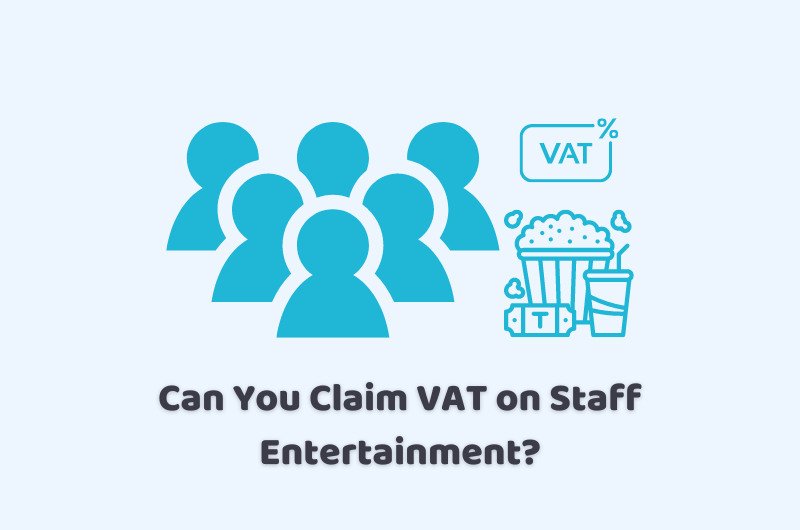04/12/2023Accountants , VAT
Are you wondering whether can you claim VAT on staff entertainment or not in the UK? VAT stands for Value Added Tax, which is a consumption tax added to the price of goods and services. Value-added tax happens to be a little complex when we talk about the entertainment of the staff members. We need …
Read more
